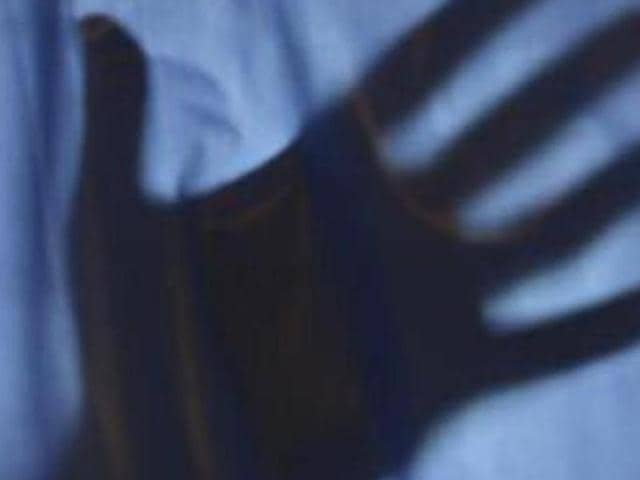It is time we agree absolutely no one asks to be raped
Just three weeks after the national crime statistics reconfirmed Delhi’s status as the “rape capital”, the city got another shocker.
Just three weeks after the national crime statistics reconfirmed Delhi’s status as the “rape capital”, the city got another shocker.

In Kirari, two teenage girls who were out with their male friends were allegedly raped by five youths. The friends did not try to stop the rape. One of them even refused to record his statement, an investigating officer told Hindustan Times.
But the girls showed courage and reported the case to police.
In 2011, a woman in Ghaziabad attempted suicide instead. On a date with a man she met on social media, she was allegedly raped by four men who spotted the couple in the fields. But the friend, who was robbed of his laptop, called the police to report only the theft. It was on police’s insistence that he gave the full account. But the woman refused to testify. Not sure if it was the rape or her date with a man that held her back, the police closed the case.
In our cities, where privacy is scarce, young couples often become victims of crime — from minor extortion to molestation and even rapes. Few go to the cops.
Read: Two teens gangraped in Delhi’s Aman Vihar, police arrest four suspects
In January 2009, a woman, who was with her male friend in a car, was gang-raped by eleven men who were “celebrating a cricket match win” right behind the Great India Place mall in Noida. In April 2005, a Mumbai police constable caught a couple, took the girl to the Marine Lines police post and raped her. In October 2003, a 17-year-old who was with her a friend at Delhi’s Buddha Garden was raped by four men from the Presidential Guards.
In the documentary ‘India’s Daughter’, the December 16 rape convict Mukesh Singh and his lawyer told the interviewer that the 22-year-old student ‘asked for it’ because she was out with her friend late evening.
Shame and stigma are still the biggest reason why women do not report rape. It only gets worse if she had been on a date or has had a couple of drinks, which are almost like giving a licence to rape.
Moralising still continues from all quarters — whether it is the Mumbai police chief asking, after the rape of a photojournalist in the abandoned Shakti Mills in 2013, if it was all right for couples “to be kissing in public”, or community leaders and politicians telling us that rape happens when people “shift to an urban area”, men watch “steamy condom ads” and women don’t call them “bhaiya”.
Fortunately, the police no longer have the choice to seek refuge in this mindset. Since the December 16 rape case, the laws have changed and there are strict penalties for cops if they refuse to file a complaint. But their perception about the victim’s general character and specific conduct at the time of the incident often determines how they proceed with the investigation.
Read: In Delhi, a rape accused has 83% chance of acquittal
Blaming or even judging victims only emboldens potential rapists. They believe that there are minimal chances of women reporting rape if they are out with their boyfriends. The price for speaking up is often devastating. The trials and tribulations such victims go through are akin to being raped many times over.
Most of such cases of sexual assaults still go unreported. Unlike in the US, the UK or Australia where annual crime victimisation surveys are conducted to obtain the frequency, characteristics and consequences of crime cases that might have gone unreported, we do not have any such system for data collection in India. It is difficult to work on solutions unless the problem is quantified.
In many states in the US, victims can choose not to use their real names in medical and legal records related to sexual assaults case. Also, ‘blind reporting’ is encouraged to allow victims to file anonymous reports to the police without taking the burden of participating in the full investigation.
Understandably, such anonymity leaves room for misuse. But it is necessary unless the system and the society stop screening for ‘perfect’ rape victims. Unless we agree that absolutely nothing, certainly not ‘public’ display of affection in ‘secluded’ places by couples outside marriage, in promiscuous or even adulterous relationships, is an invitation for rape.
Let’s learn to respect the victim. Trust will follow.
shivani.singh@hindustantimes.com




